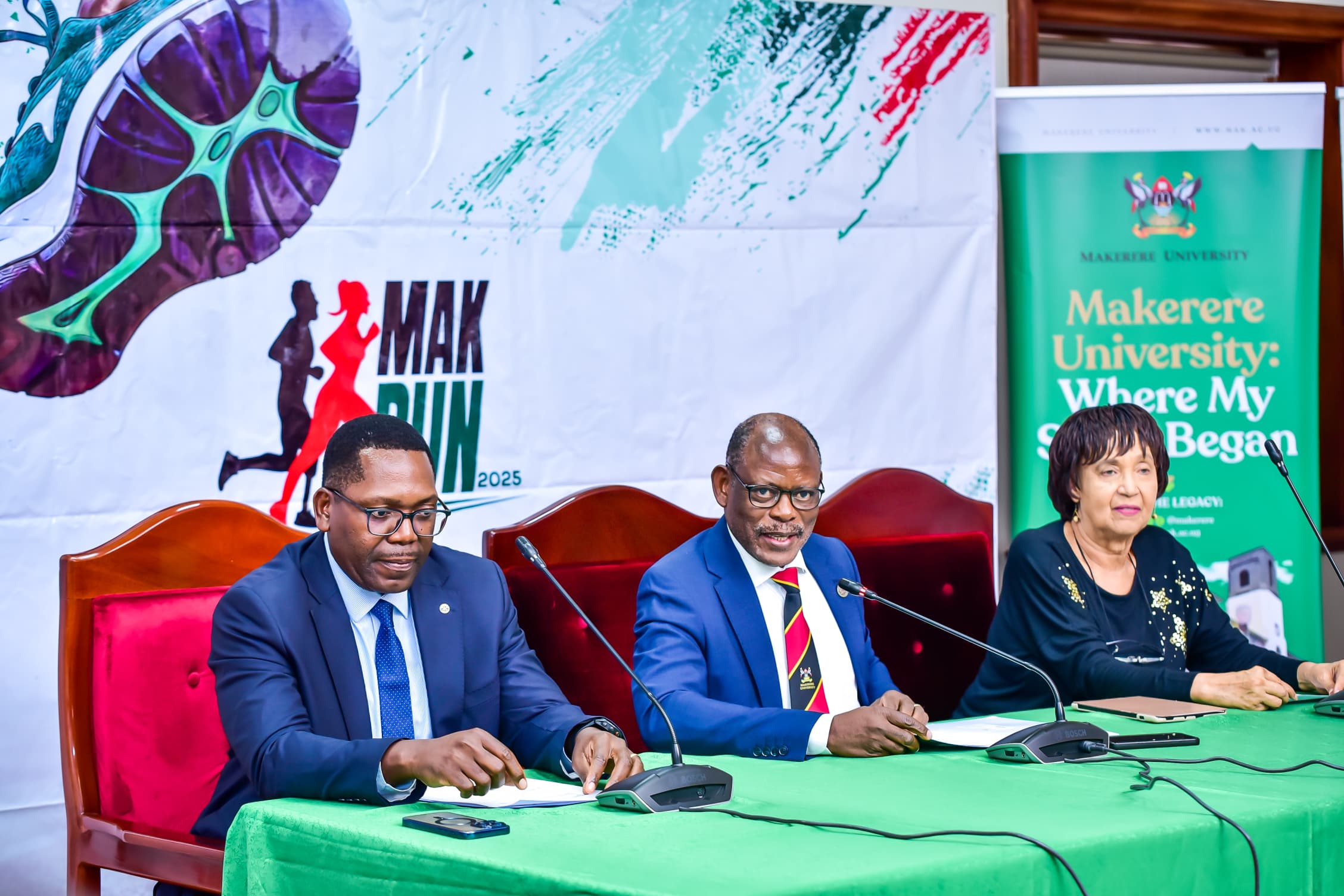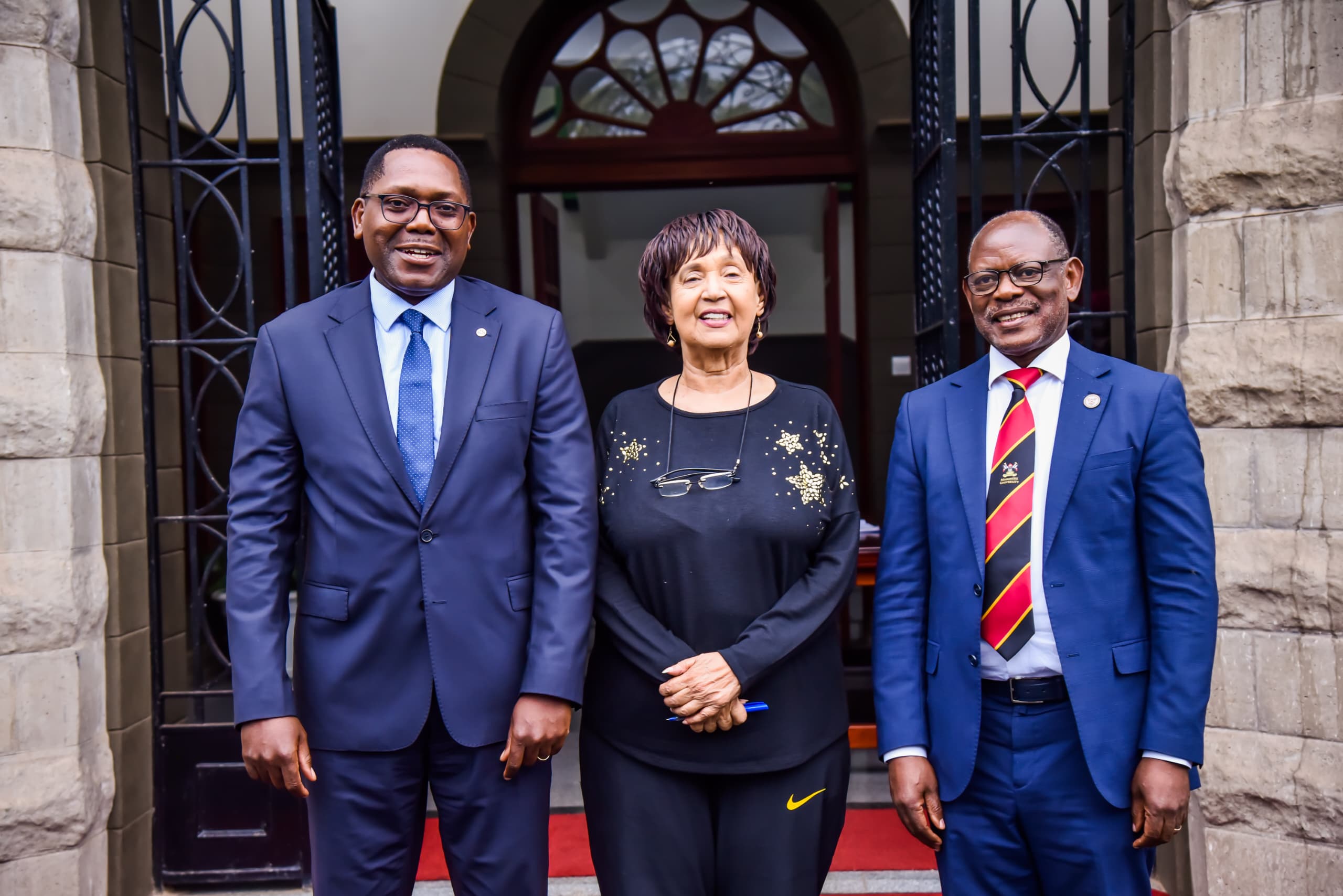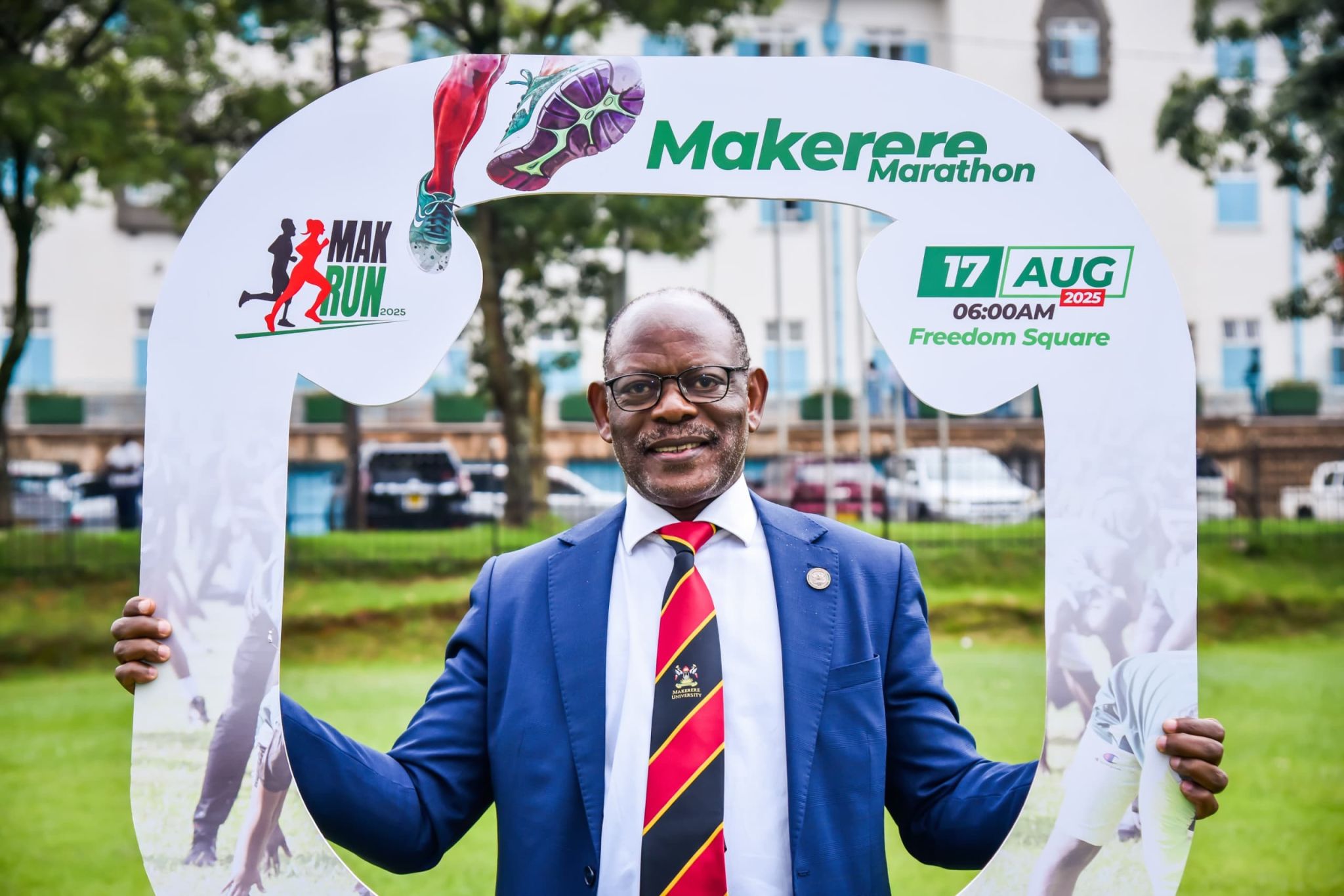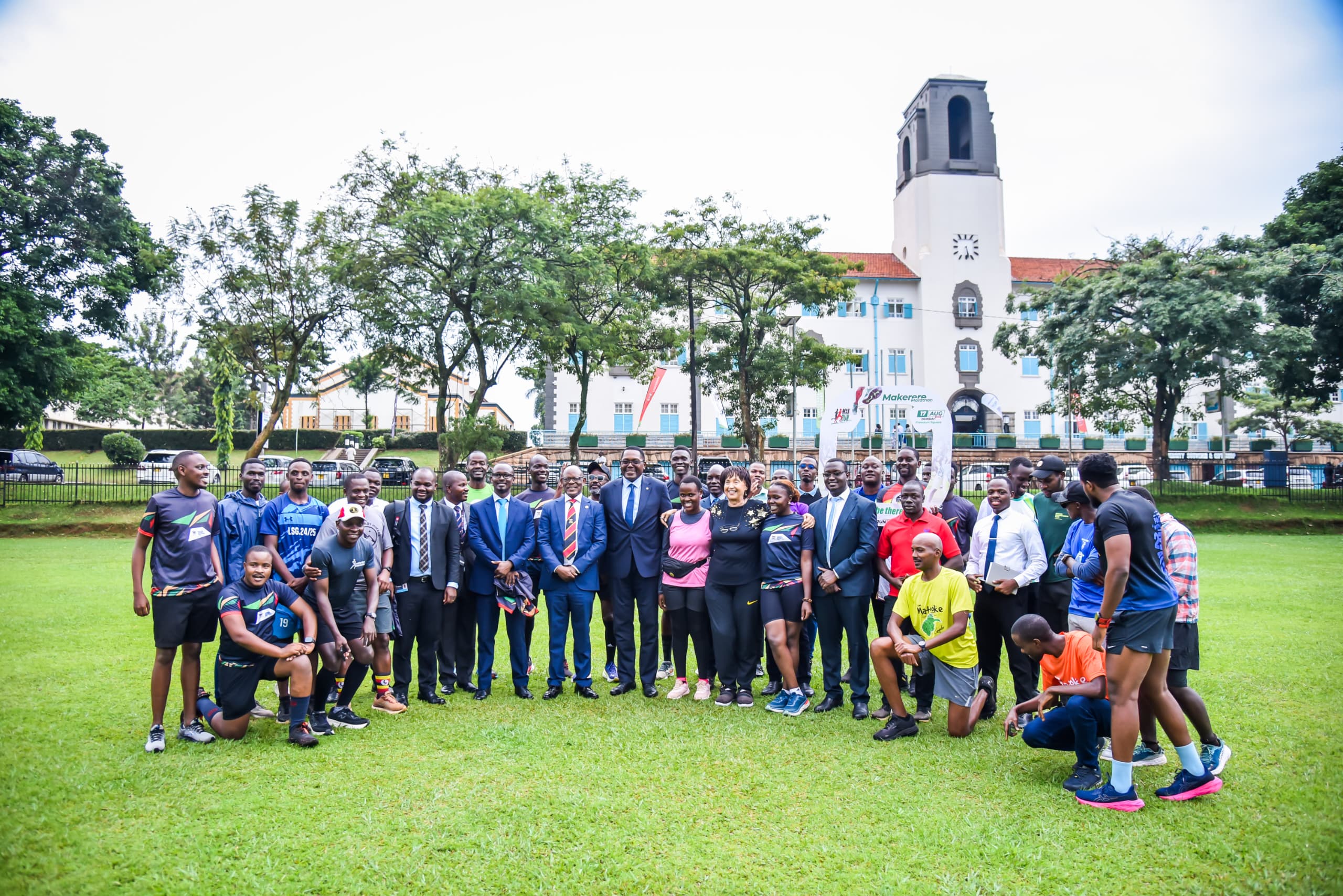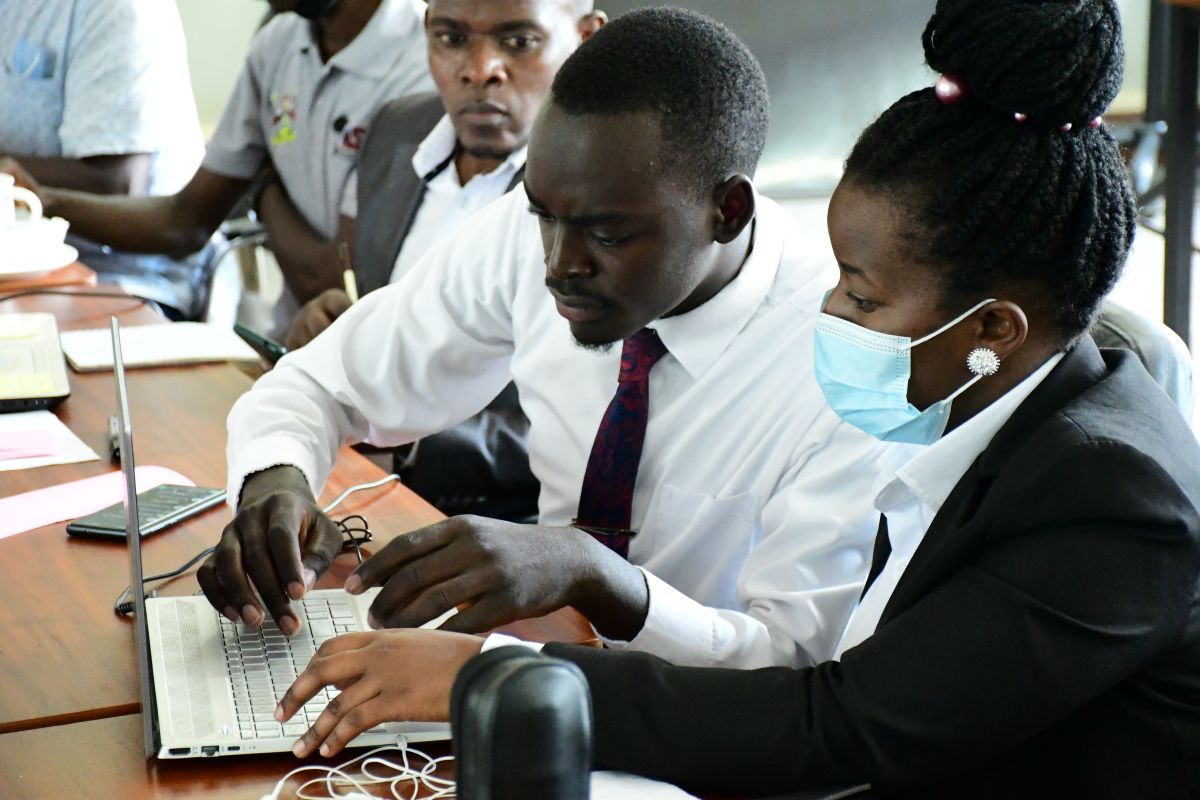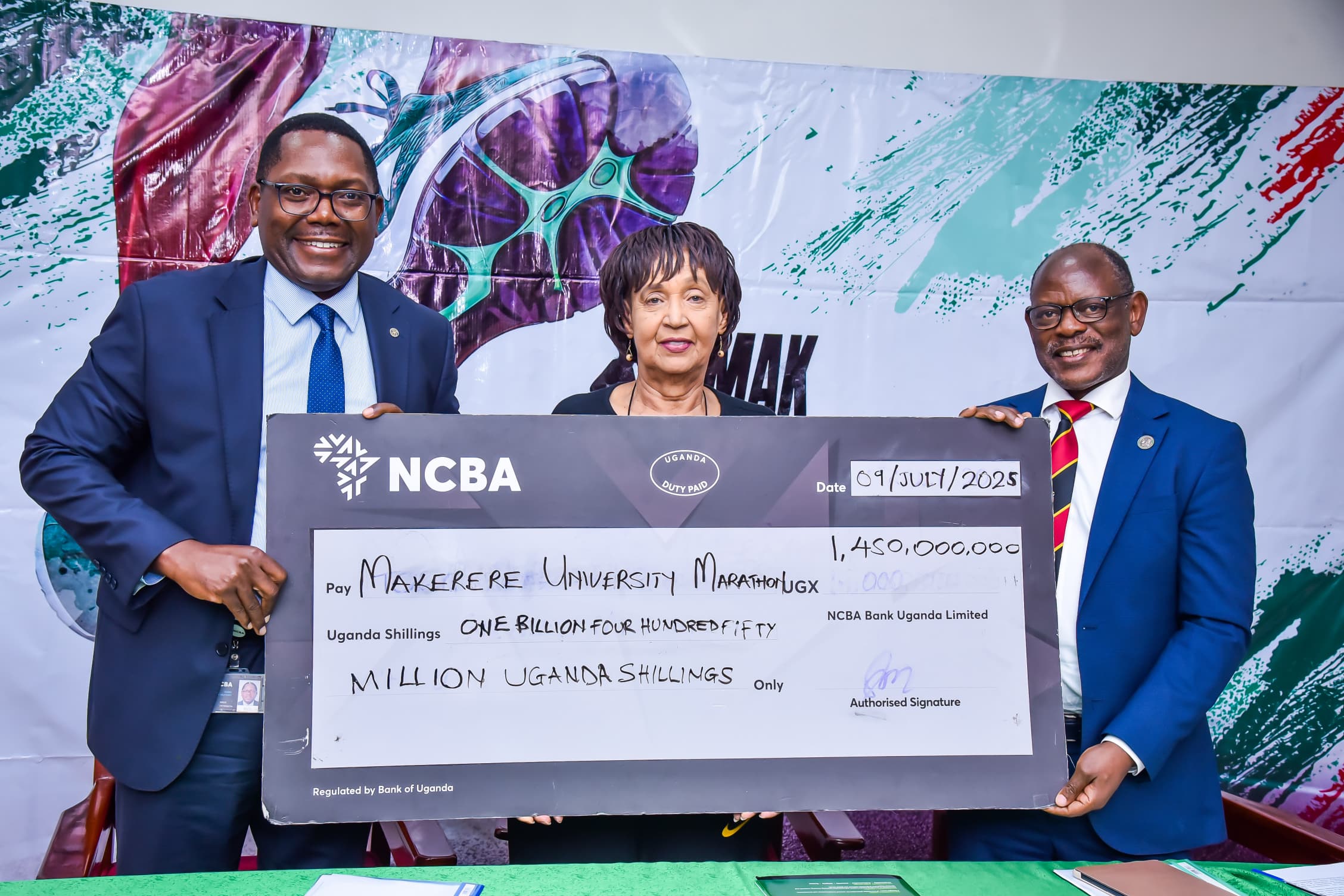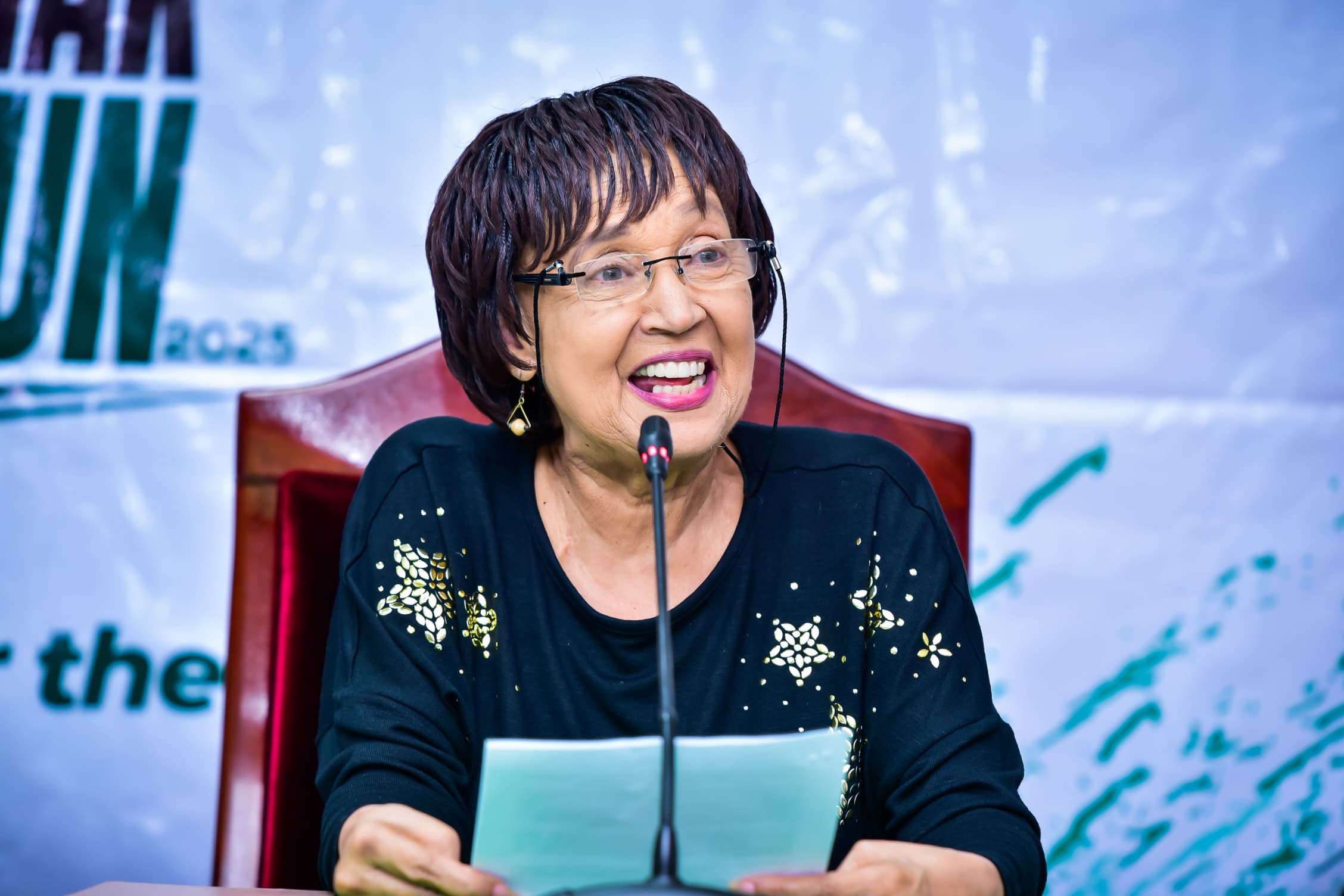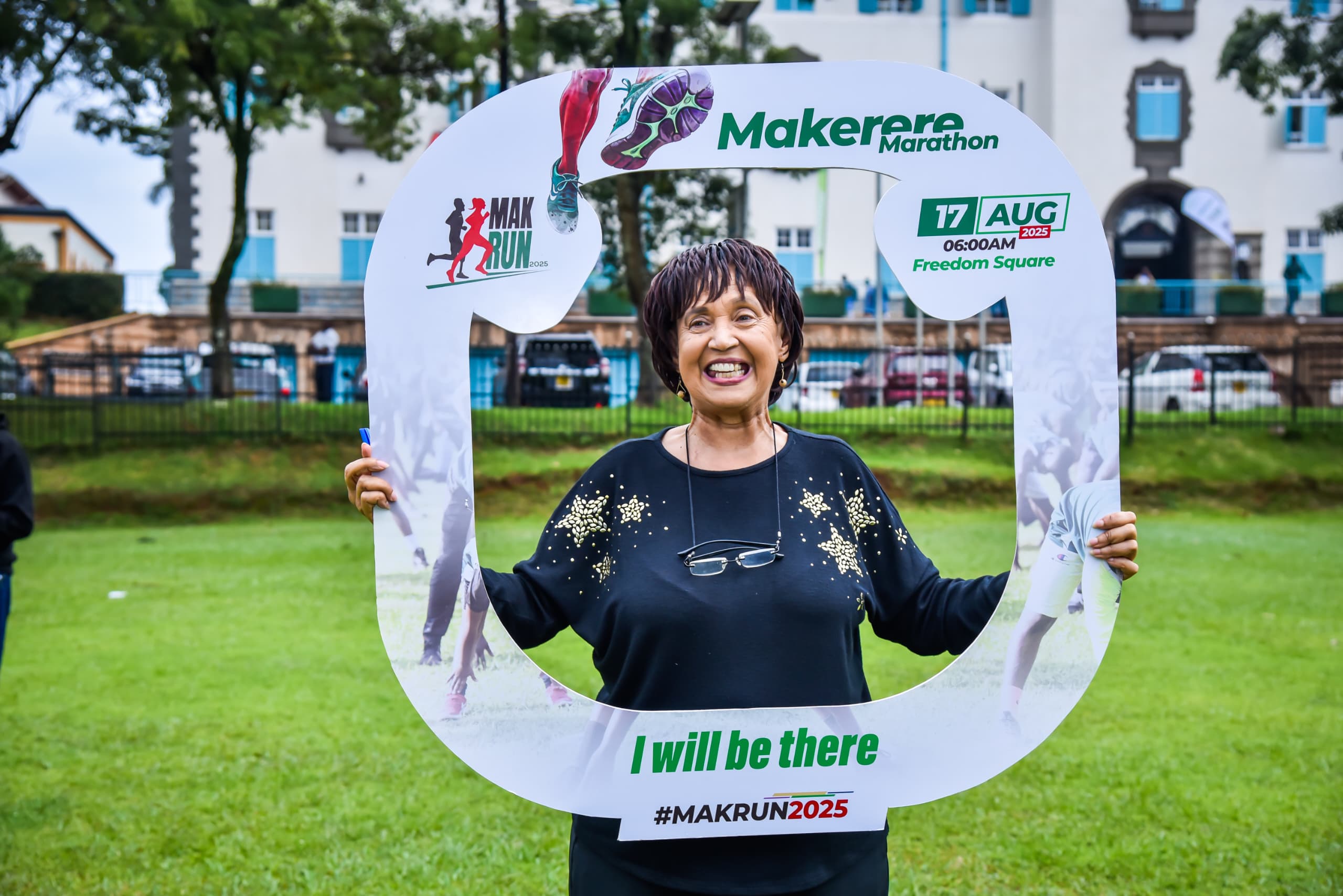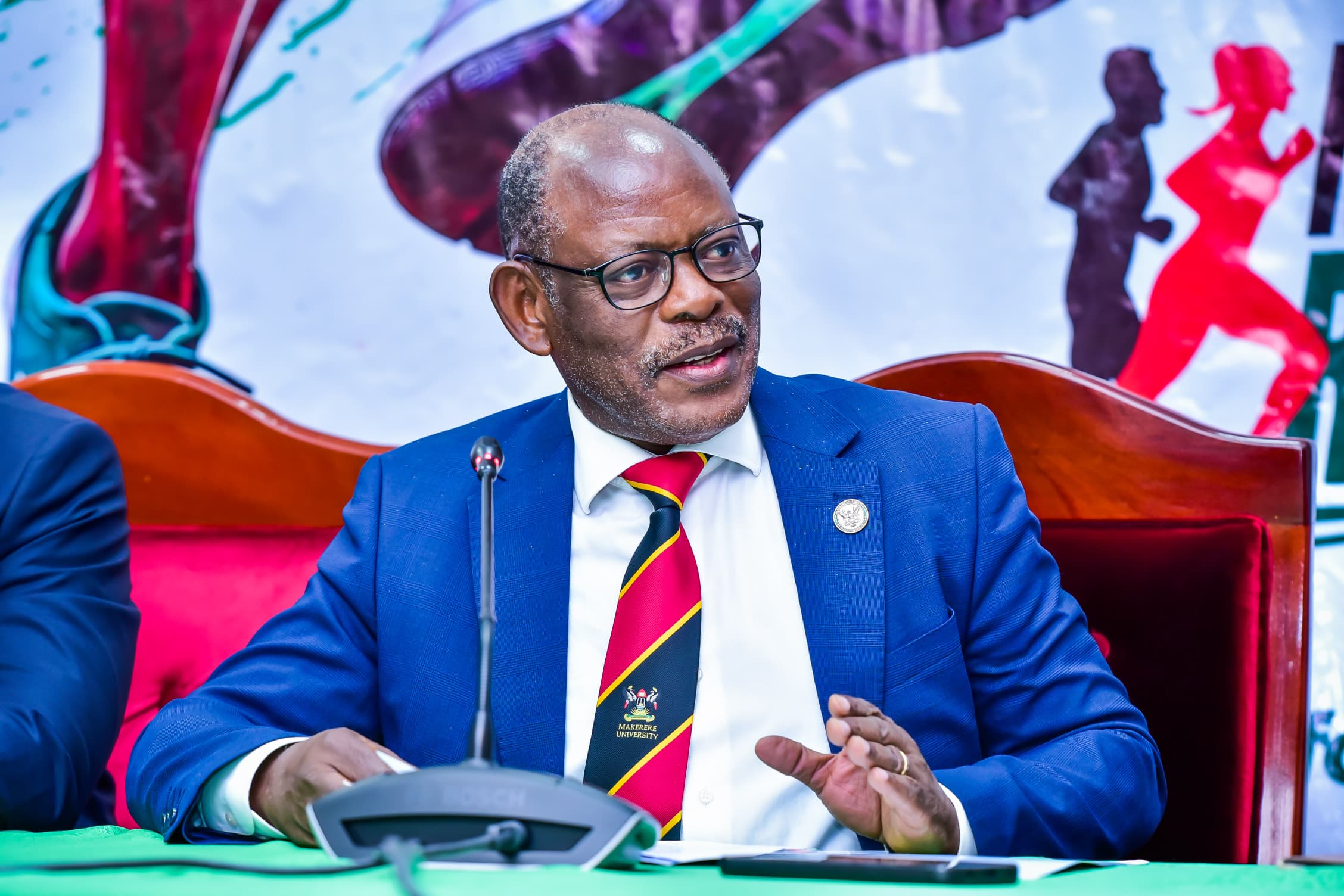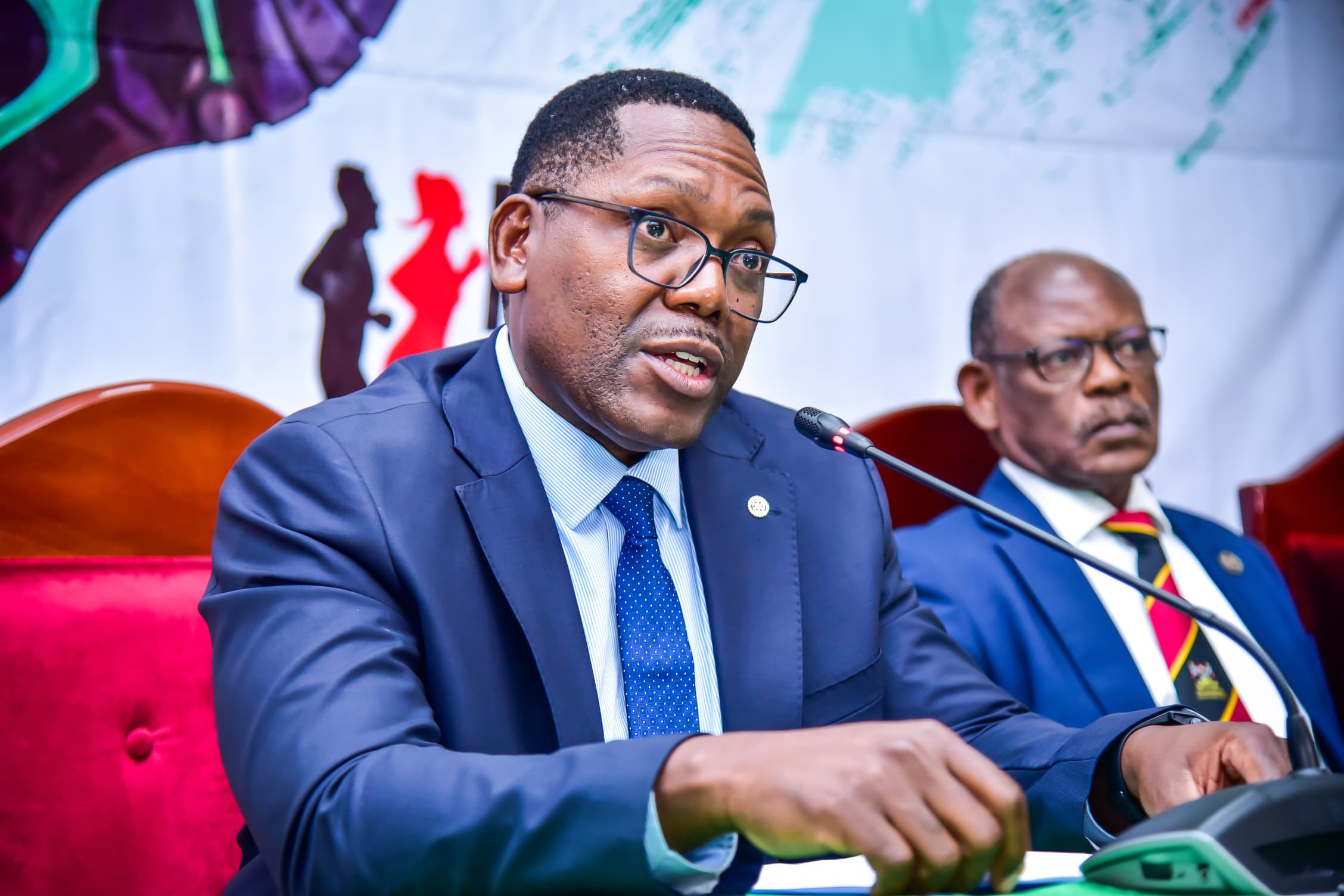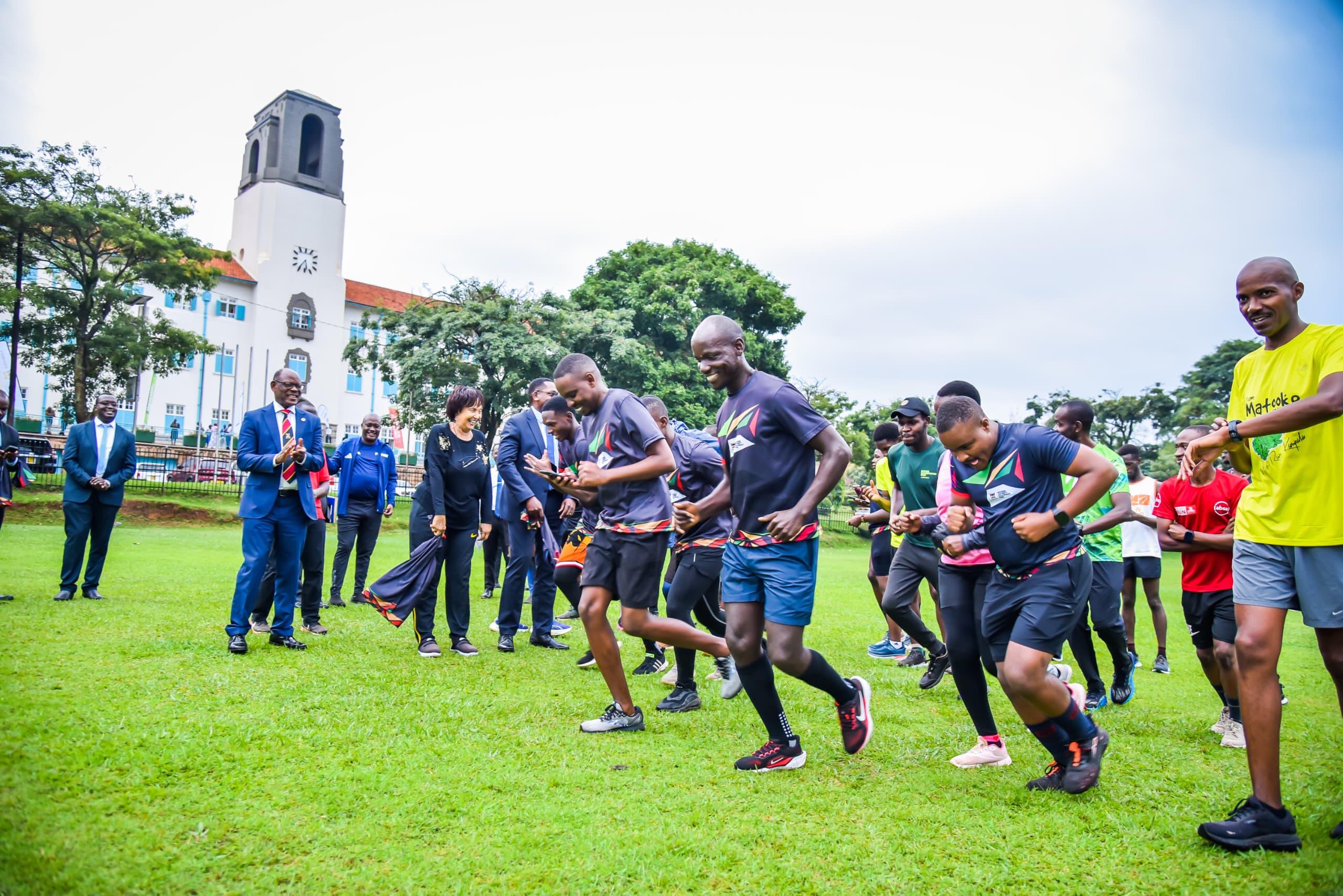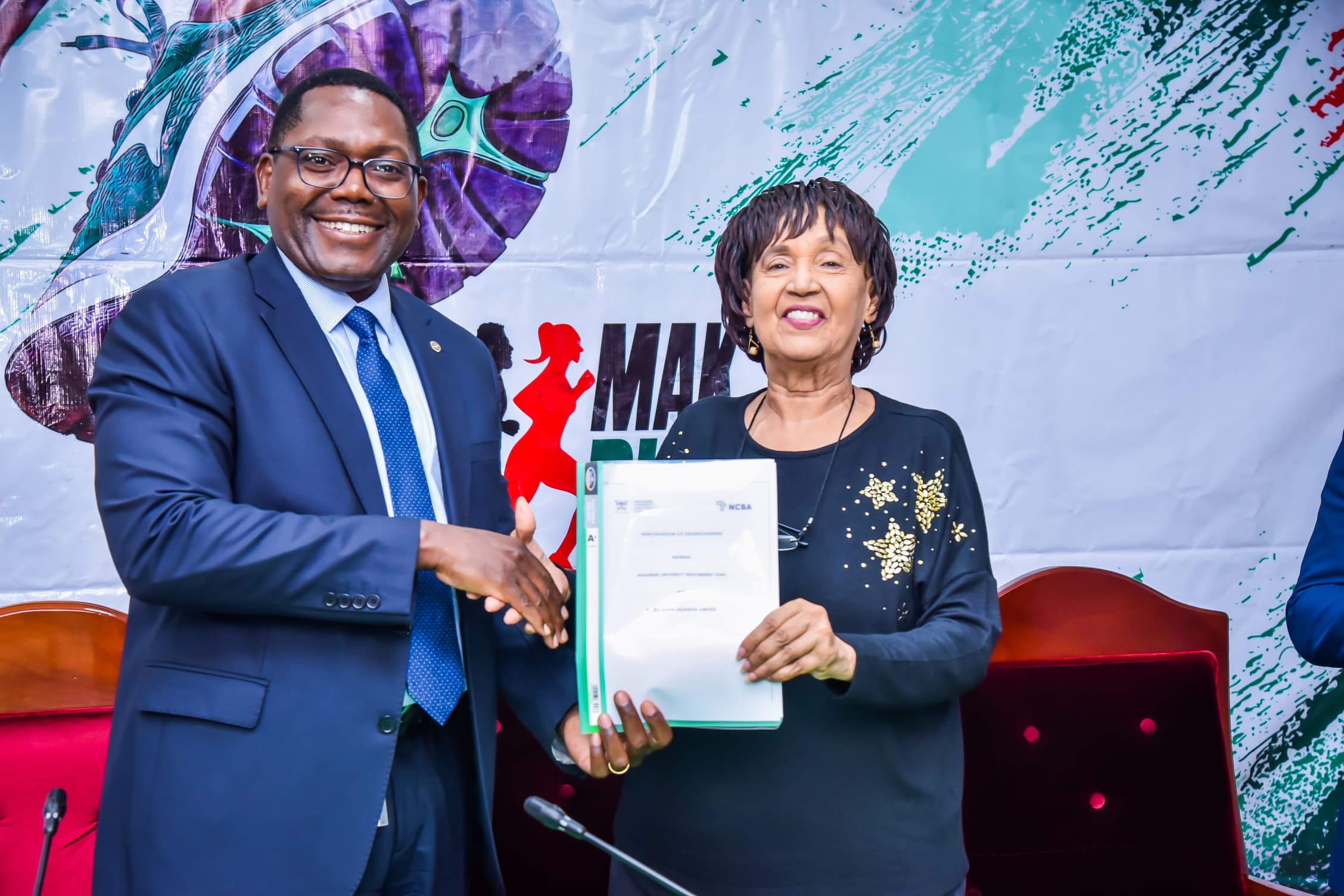As the oldest university in Uganda, Makerere University is truly leading by example. In a bid to boost girl child education, the university has embarked on a study to investigate effects of early ICT exposure. This came after a joint study revealed that female students are less likely to use Information Communication Technologies (ICTs), compared to their male counterparts due to limited exposure at an early stage.
The study was undertaken under the Pan African Research Agenda on Pedagogical Integration of ICT in Africa funded by the International Development Research Centre (IDRC), conducted in five primary schools, four secondary schools, and two institutions of higher education i.e. Makerere University and Kyambogo University.
While undertaking the study, Makerere University researchers found out that most of the Ugandans conversant with computer technology got exposed at the secondary school level. “The school system is the first point of contact for the majority of computer technology users in Uganda “observed Dr. Alice Ndidde a Senior Lecturer in the College of Education and External studies.
She also observed that schools largely exhibit deep seated negative stereotypes against girls and female teachers’ use of technology. Dr Ndidde confirmed this by highlighting that from the study, it was revealed that in one of the secondary schools, 99.3% of the computer users were boys with girls only constituting 0.7%, an alarming disparity.
Additionally, the study noted that there was more focus on teaching ICT and less on integrating it into teaching and learning. As such, students registered less improved levels of participation, self-direction learning, confidence levels, and self esteem in the use of ICT.
Schools that integrated ICT use also saw students being motivated and willing to study science subjects that have traditionally been believed to be difficult. Interestingly, the study also revealed that private schools have more ICT infrastructure than the prestigious public schools.
However, despite the positive impact of ICT integration, there are still challenges which have faced the implementation of the solutions to problems revealed by the study. They include:
- Inaccessibility to ICT facilities mainly due to poverty
- Under utilization and gender disparities in the integration of ICT into learning and teaching
- Inadequate computer infrastructure and internet connectivity in most of the learning institutions
- The high number of male teachers over female teachers in ICT, especially in rural areas.
In order to mitigate these challenges, the study provided recommendations such as encouraging females and males to participate in ICT at an early age and equally urging parents and guardians to ensure that girls and boys both use computers and ICT facilities equally without discrimination. The study further called for the training of teachers in transferring knowledge and skills around gender issues equally, and planning activities which encourage both boys and girls to develop ICT skills, among others.
Article by Toku Paul, Intern, Makerere University.
As the oldest university in Uganda, Makerere University is truly leading by example. In a bid to boost girl child education, the university has embarked on a study to investigate effects of early ICT exposure. This came after a joint study revealed that female students are less likely to use Information Communication Technologies (ICTs), compared to their male counterparts due to limited exposure at an early stage.
The study was undertaken under the Pan African Research Agenda on Pedagogical Integration of ICT in Africa funded by the International Development Research Centre (IDRC), conducted in five primary schools, four secondary schools, and two institutions of higher education i.e. Makerere University and Kyambogo University.
While undertaking the study, Makerere University researchers found out that most of the Ugandans conversant with computer technology got exposed at the secondary school level. “The school system is the first point of contact for the majority of computer technology users in Uganda “observed Dr. Alice Ndidde a Senior Lecturer in the College of Education and External studies.
She also observed that schools largely exhibit deep seated negative stereotypes against girls and female teachers’ use of technology. Dr Ndidde confirmed this by highlighting that from the study, it was revealed that in one of the secondary schools, 99.3% of the computer users were boys with girls only constituting 0.7%, an alarming disparity.
Additionally, the study noted that there was more focus on teaching ICT and less on integrating it into teaching and learning. As such, students registered less improved levels of participation, self-direction learning, confidence levels, and self esteem in the use of ICT.
Schools that integrated ICT use also saw students being motivated and willing to study science subjects that have traditionally been believed to be difficult. Interestingly, the study also revealed that private schools have more ICT infrastructure than the prestigious public schools.
However, despite the positive impact of ICT integration, there are still challenges which have faced the implementation of the solutions to problems revealed by the study. They include:
- Inaccessibility to ICT facilities mainly due to poverty
- Under utilization and gender disparities in the integration of ICT into learning and teaching
- Inadequate computer infrastructure and internet connectivity in most of the learning institutions
- The high number of male teachers over female teachers in ICT, especially in rural areas.
In order to mitigate these challenges, the study provided recommendations such as encouraging females and males to participate in ICT at an early age and equally urging parents and guardians to ensure that girls and boys both use computers and ICT facilities equally without discrimination. The study further called for the training of teachers in transferring knowledge and skills around gender issues equally, and planning activities which encourage both boys and girls to develop ICT skills, among others.
Article by Toku Paul, Intern, Makerere University.

 Education1 week ago
Education1 week ago
 General2 weeks ago
General2 weeks ago
 General4 days ago
General4 days ago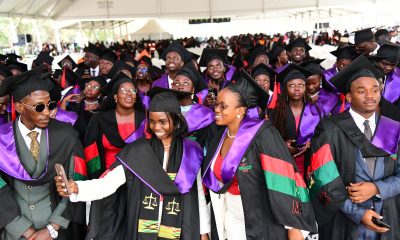
 General1 week ago
General1 week ago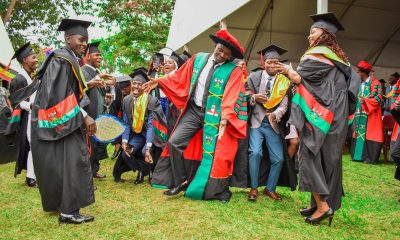
 General1 week ago
General1 week ago
